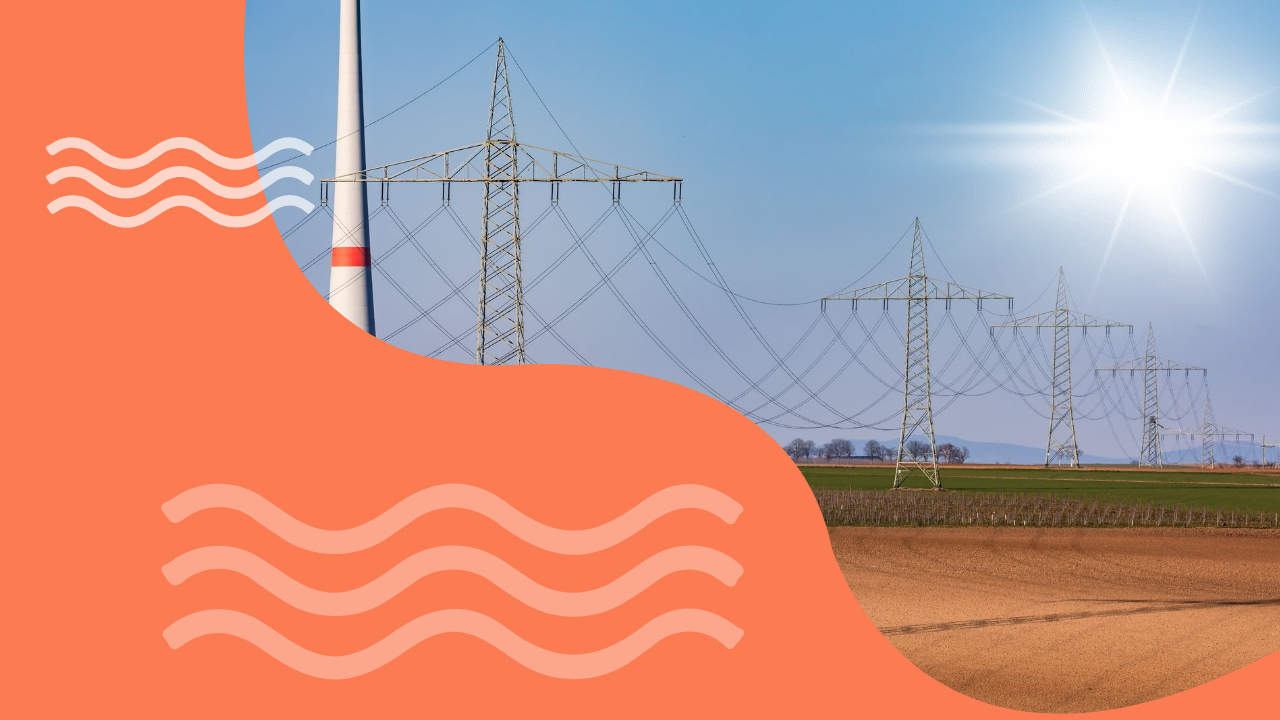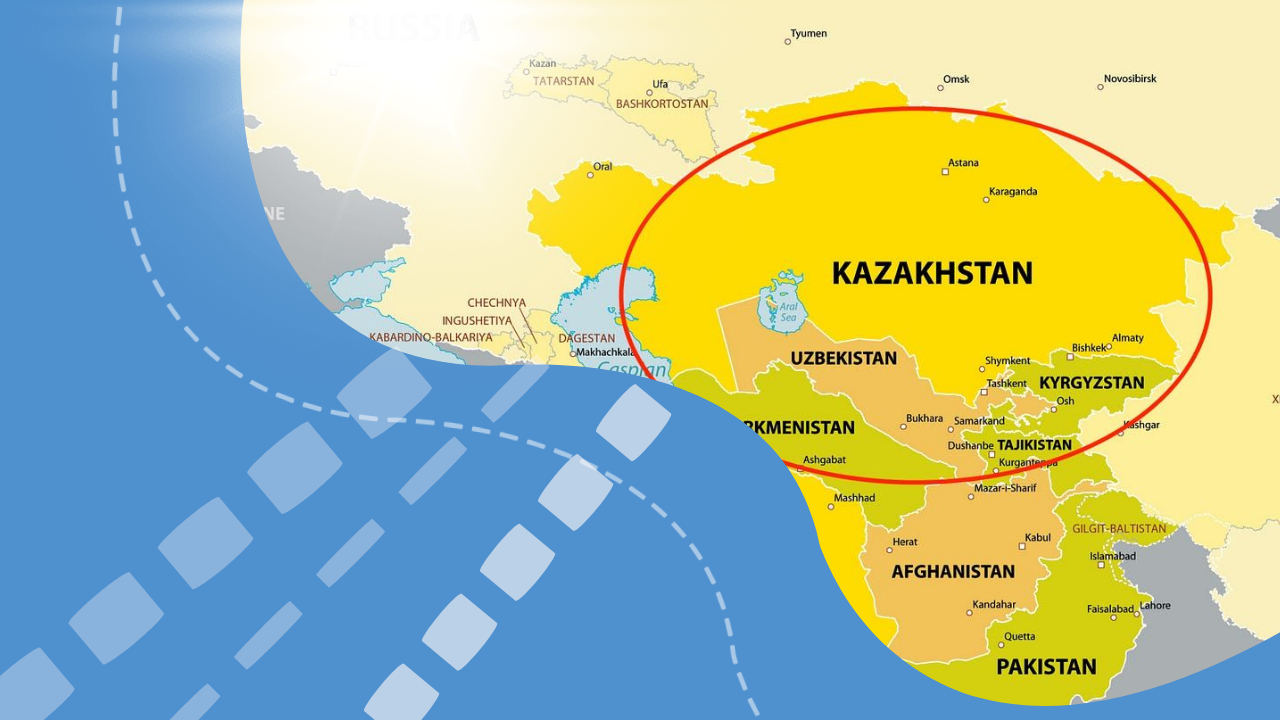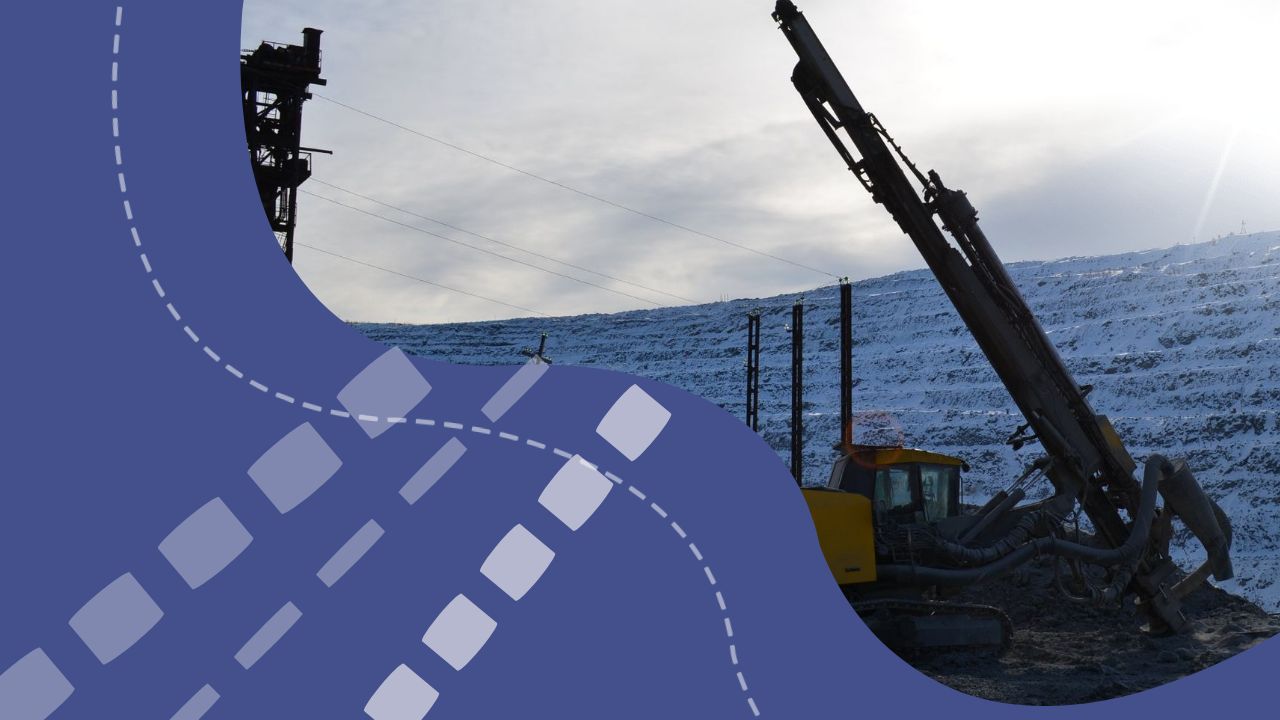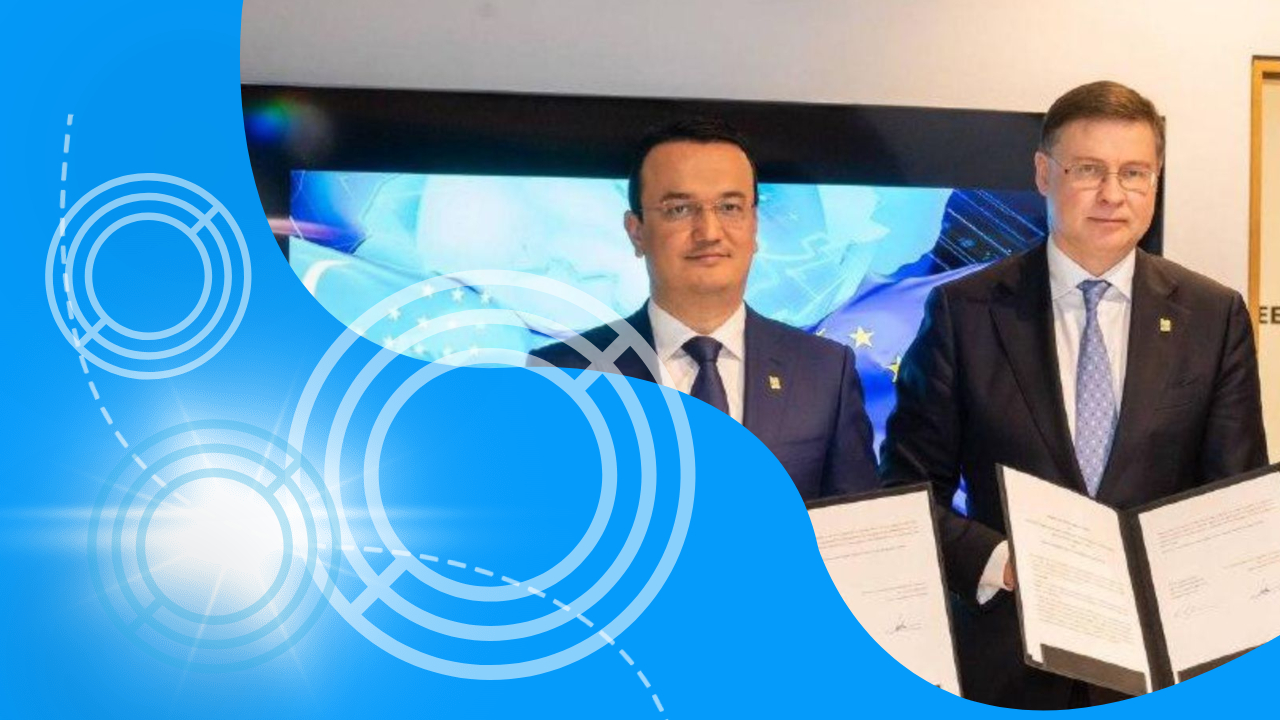During a plenary session of the Mazhilis, Deputy Bolatbek Nazhmitdenuly addressed issues regarding supporting businesses through state procurements and purchases from quasi-governmental sectors and subsoil users from domestic manufacturers, as reported by inbusiness.kz.
He revealed that the total amount of purchases in Kazakhstan currently stands at around 23-24 trillion tenge. Nazhmitdenuly pointed out discrepancies in government data, stating that while the Ministry of Industry and Infrastructure Development claims the state controls nearly 60% of purchases, other sources suggest it may be as low as 20%. He criticized the validity of the ST-KZ certificate and industrial certificate, questioning the effectiveness of government approaches.
The deputy also sought clarification from officials on the criteria for inclusion in the registry of domestic producers and how to ensure only conscientious producers are listed.
In response, Minister of Industry and Infrastructure Development Kanat Sharlapayev acknowledged the challenges in distinguishing between counterfeit producers and genuine Kazakhstani enterprises. He highlighted the need for modernization in the selection process and proposed adopting digital methods, drawing parallels with credit checks conducted by banks.
Sharlapayev emphasized the importance of leveraging available data, suggesting that criteria such as electricity consumption could indicate manufacturing activity. He advocated for the involvement of industry associations in validating producer status and stressed the responsibility of government agencies in managing the registry.
Furthermore, Sharlapayev outlined the importance of long-term contracts with producers, linking them to commitments for increased localization, improved employee income levels, and production expansion.






